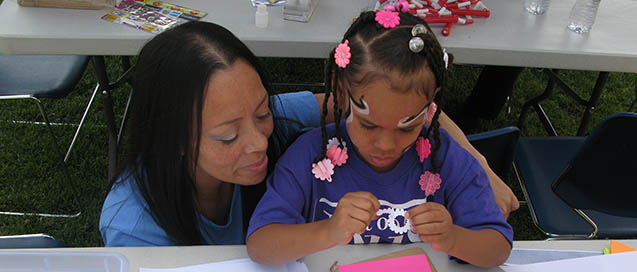Mother’s Day is the one day of the year we set aside to honor mothers. Some do it with flowers and cards. For women who are in prison and their children who are being raised by grandmothers, aunts or guardians on the outside, the day can be especially difficult.


